
Dispatches, Haiti, United States
Lesly Kernisant of SImACT on Bringing Investment to Haiti
April 13, 2010 By Roque Planas
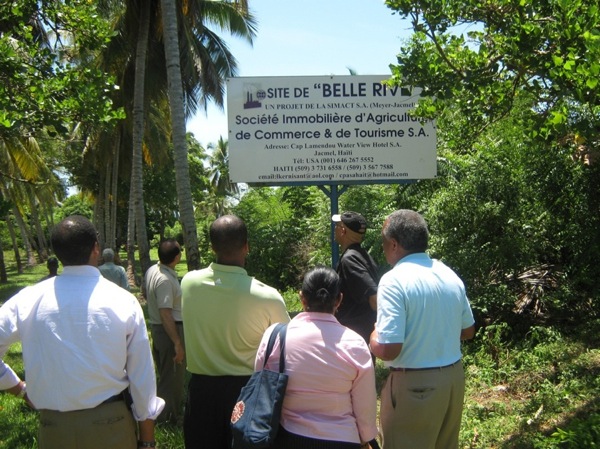
A group from Choice Hotels visits SImACT's Belle Rive project, a luxury housing and hotel complex in Jacmel, Haiti. Photo courtesy of SImACT.
NEW YORK — On Jan. 11, Choice Hotels announced it would open two upscale Comfort Inn franchises at the beachfront city of Jacmel, becoming the first foreign hotel chain to open in Haiti in more than 10 years.
The next day, an earthquake devastated Haiti, leaving more than 200,000 people dead and causing more than $14 billion in damage. Instead of serving as luxury vacation spots for foreign tourists, hotels became distribution points for food, water, soap and fuel.
The earthquake was the latest obstacle that Lesly Kernisant has faced in his uphill battle to convince people to invest in Haiti. Kernisant, a 60 year-old gynecologist, chairs the board of SImACT, a New York-based group of Haitian American investors that owns both the Comfort Inn franchises in Jacmel and works to bring investment to the country its members once called home.
But convincing investors has not been easy. Political instability, the skepticism of potential clients, a U.S. embargo and now one of the world’s most devastating natural disasters have conspired against Kernisant and SImACT’s plans from the outset.
“Finding investors to invest in Haiti was a daunting task. Definitely, a savvy investor will tell you you’re crazy to put my money in Haiti,” Kernisant said. “The only group who was willing to do that was Haitian Americans — not because of any monetary gain, but because of patriotic attachment, because that’s their country and their willing to do it.”
SImACT began in 1996 when a group of seven, mostly Haitian American professionals decided to “take their money out of Wall Street and invest it in the Main Streets of Haiti.” Since then, the company has grown to 61 investors, located throughout the United States. The hotels in Jacmel were the centerpiece of a portfolio that included investments in agriculture and mining, as well as tourism.
The hotels were the first step toward a larger plan of investment in Haiti that would later include luxury communities aimed toward affluent, professional Haitian Americans. “What we wanted to achieve is to create a sort of privately gated, secure, country-club type of atmosphere, where we targeted Haitian Americans who are near retirement and wanted to go back to the island life,” Kernisant says.
The earthquake, however, has made emphasizing the luxury market distasteful to Kernisant, who says that SImACT is now moving toward the “mass production of affordable homes.”
Jean Marie Wolff, SImACT’s chief financial officer, says that plan to build both temporary and permanent affordable housing is still in the planning stages, but that the earthquake had prompted the company to address the sudden displacement of hundreds of thousands of Haitians. “Before, it was an instrument to help the development of Haiti,” he says of SImACT. “Now it’s a necessity.”
***
Kernisant grew up in Port-au-Prince, which he remembers as a “very beautiful city, a coastal town.”
“When I was a young man, I used to see cruise ships in the harbor,” he says, remembering the days when Haiti’s capital was one of the great tourist attractions of the Caribbean.
Kernisant’s mother came to the U.S. in the 1950s when he was two years old, leaving a failed marriage. “My father wanted to remarry,” Kernisant says. “And, of course, in Haiti, as you know, when you are dealing with a powerful family, they can do whatever they want. So my mother, in a sense, was put in a private exile.”
Kernisant stayed in Port-au-Prince until he was 15, when his father died suddenly. He joined his mother in New York in 1965, where he graduated from Wingate High School in Brooklyn. He went on to study for a bachelor’s degree at Howard University in Washington, D.C., where he participated in a pilot program to enter Howard Medical School as a junior in college. He graduated in 1975 and did his residency in Harlem at Columbia University. He is now the chairman of the board of Preferred Health Partners, a company made up of ten health centers and 160 physicians located throughout Brooklyn.
Two framed pictures behind Kernisant’s desk testify to the fact that the children he raised are now comfortably nestled into the American middle class. The boy, a Georgetown graduate, practices medicine in Miami. The girl is a legal liaison at Harvard, where she earned a master’s in education. Kernisant’s wife, Danielle was a nurse, before becoming a housewife.
Through the years he spent in studying, establishing himself in his profession and starting his family, Kernisant remained aloof from Haiti. He did not return until 1986.
His return coincided with the demise of the father-son Duvalier dictatorship, who are better known as “Papa Doc” and “Baby Doc.” During the dictatorship, Haiti’s export economy had declined and Port-au-Prince swelled with millions of migrants who came to the city looking for work.
“Poverty set in, and all the symptoms of poverty,” Kernisant said. “Unemployment. Lack of basic services. Education suffers. And, obviously, infrastructure was never maintained. You end up having a big slum.”
***
The slum was unattractive not only to tourists, but to Haitians who left the island. Haitians in the diaspora have invested nearly $800 million in real estate in Boca Raton, Florida and the Dominican Republic, according to Kernisant. “Not because they love these places, but certainly because of the proximity to home.”
If the earthquake has not deterred Kernisant in his commitment to convince them to put their money in the land of their parents, it has prompted him to revise his expectations for the near future.
“Before the earthquake, we were very hopeful that Haiti was about to turn the corner,” Kernisant said, referring to Haiti’s economy. But he remains hopeful that the diaspora will continue to contribute to the country’s development.
“The diaspora is the best hope for Haiti,” Kernisant says. “If I go to Haiti and make a million-dollar profit, in the process of making the million dollars, I may have created jobs for 900 families. I think that’s my contribution to their country’s development.”
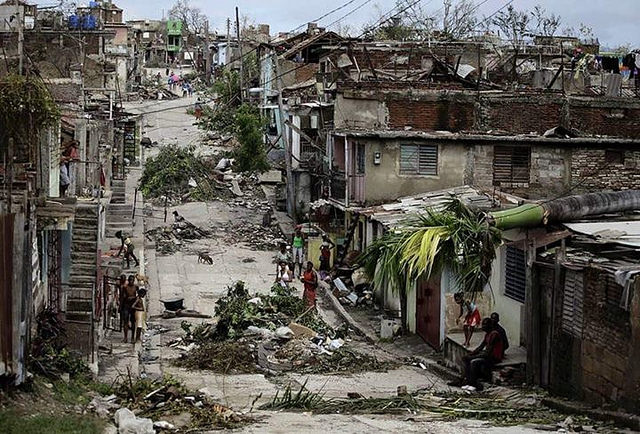
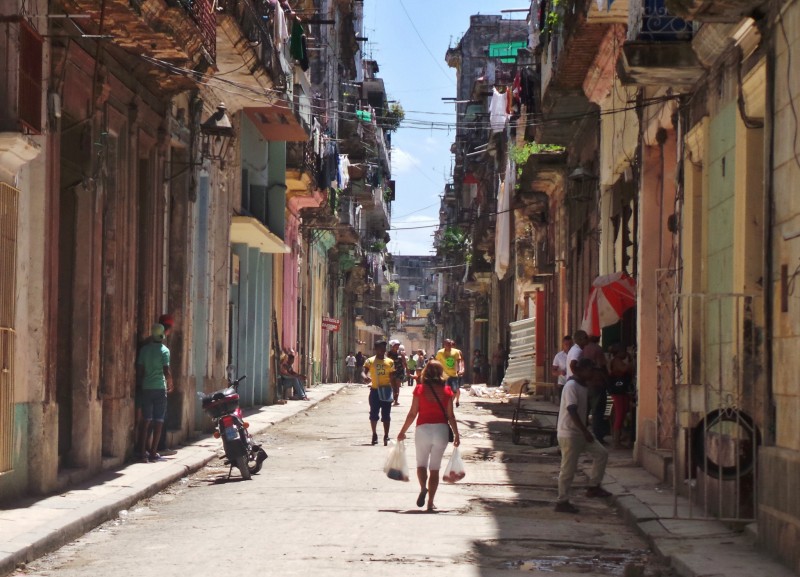
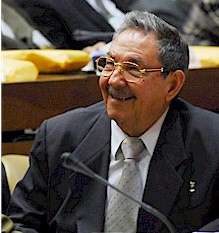
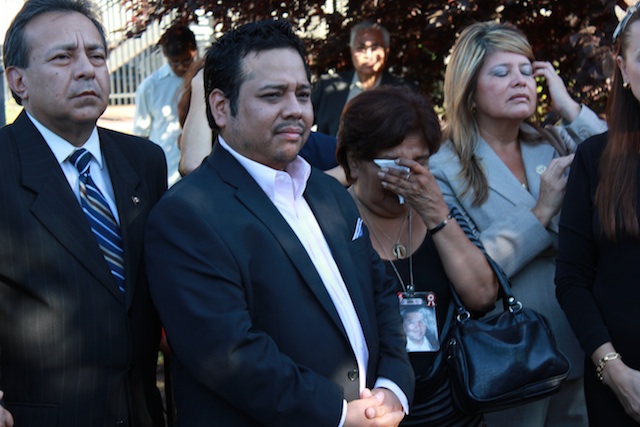

3 Comments
We are a sewing manufacturer who makes/sews automotive seats, automotive soft trim, and items for the furniture industry. We are presently quoting sewing tents for the military.
It would be our intent to invest in Haiti, train local Haitians at our plant in Michigan for plant management, accounting, operations, and manufacturing. We would train and while training, build a manufacturing plant in Haiti for local employment. We have excess sewing machines to immediately begin manufacturing once power and water are available!
Who could I contact to start the dialogue process?
Martin Fisher
Trims Unlimited
248-798-8292
mfisher@trimsllc.com
Mr Fisher,
Great idea. In fact, we are presently searching for someone to help us built a semi-permanent tent that can withstand hurricanes/earthquake vibrations for large assembly in Jacmel, Haiti. I am inviting you to attend an investor’s conference sponsored by a number of international organizations in Haiti on June 9-12. 300-400 potential investors are expected to participate…For more info…please, let me know
Good morning Lesly. Happy to hear that you’re working on investing in Haiti. Time is now for Haiti though. I have been looking at your project for Jacmel, it’s ambitious and very nice. I wish you the best possible to achieve this goal. I know you will make it. There are so many people waiting for this beautiful project. For being in the real estate field in Haiti since more that 20 years, opportunities are now available at specific key zones in Haiti. Specially Near Saint Marc where I have 110 acres with 1.5 mile beach front for sale with impregnable vue on the sea. I’m offering this opportunity to your group in case you’re looking for other center of investment.
I’m looking forward to hearing from you while I’m wishing you a happy and prosperous year.
By the way, you’ve been my wife’s doctor (Carline Dumornay, Jenane Dussek Guerrier’s cousin).She has had 2 ci-sections at Brookdale and Brooklyn hospitals performed by you.
Respectfully yours,
Herby Dumornay
561-856-6166
Comments are closed.